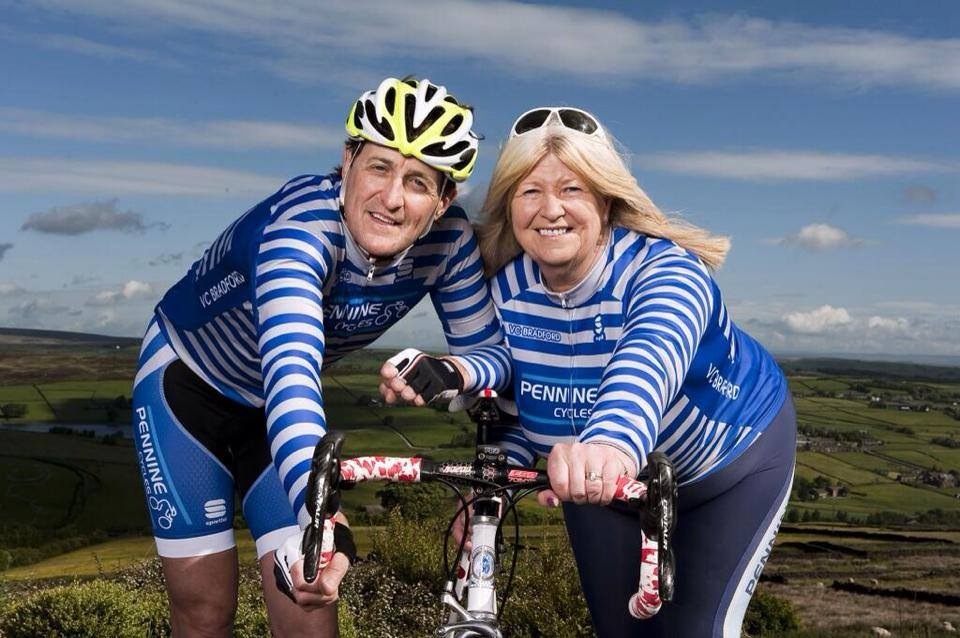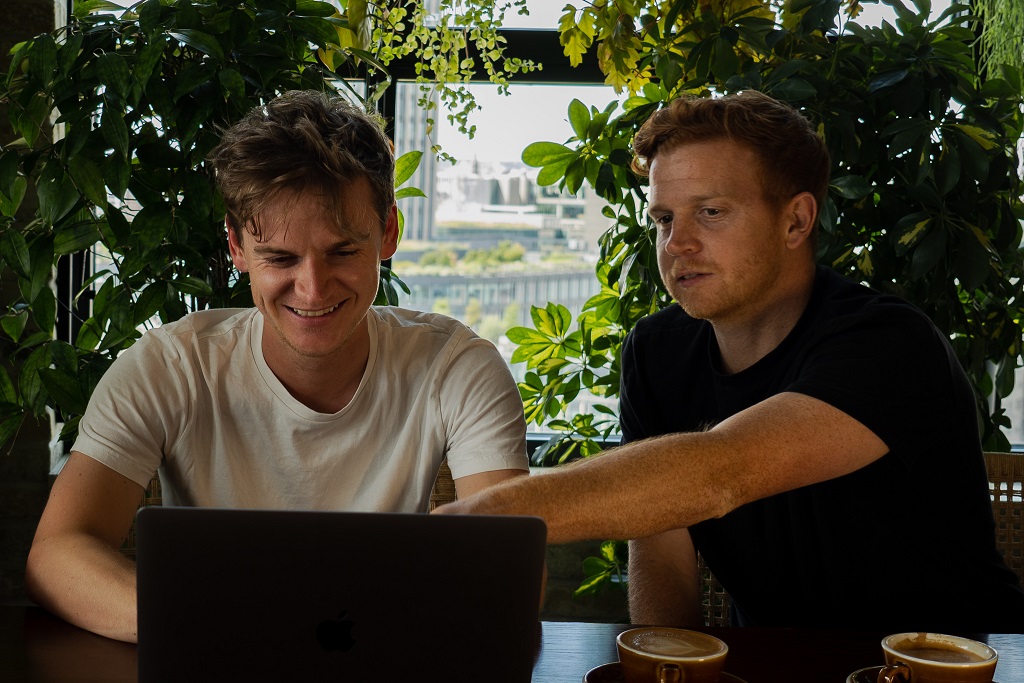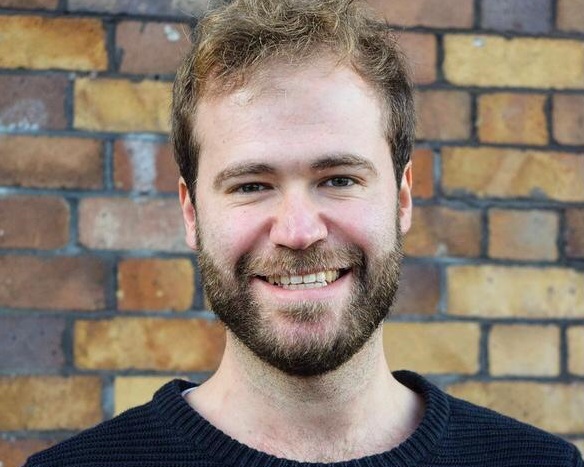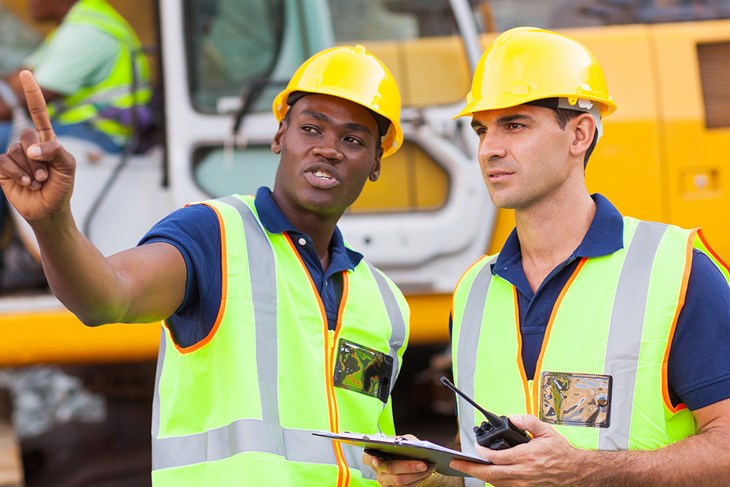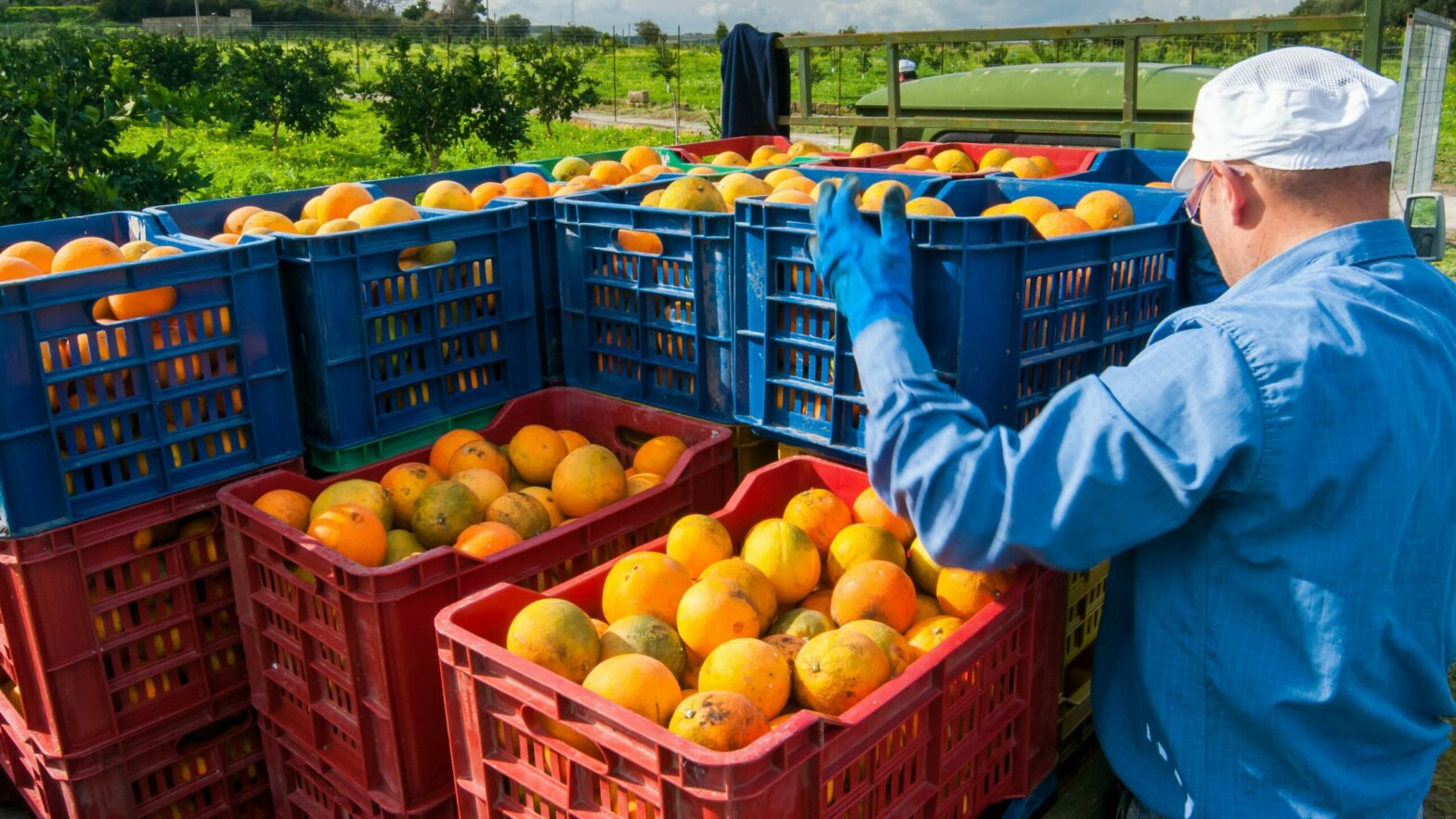Owning a bike shop is good fun, but online shopping, market uncertainty and Brexit bring about some tough challenges.
Pennine Cycles co-founder, Sandra Corcoran, talks to SmallBusiness.co.uk about her experiences of running the Yorkshire-based store.
What is Pennine Cycles and how did it come about?
We sell everything from children’s and balance bikes to top of the range bikes and we renovate them too. Our steel frames stand the test of time. We sponsor a cycling club as well.
The shop started as Whitaker & Mapplebeck Cycles as its limited company name in 1946. My husband Paul and I did a management buyout in 2000 when the current owner retired at the age of 80 to go and live in Canada. That’s when it became Pennine Cycles.
At the time, I had a career in government but my husband worked full-time managing the shop.
When Paul was in his 20s, he worked over in Leeds and he used to drive to work. He thought that there must be something more than being stuck in traffic each day.
“I’m a Bradford lass and he’s a Leeds lad. I forgive him for that!”
He bought a Pennine bicycle from his managing director. He had it taken out of his salary – I suppose almost like a cycle to work scheme of its time.
Paul then thought, ‘I better find out who these Pennine people are’. There was no internet, but he happened to come across a small advert in a magazine and he made his way over to Bradford to find them.
He became a customer and used to hang out like young guys do on a Saturday. And then they asked if he wanted to help out, so he started doing just that. One day the owner asked Paul if he’d join him and come and manage the business. He gave up a good job to do that, much to his mother’s dismay. She’s not been around to see how successful he’s been.
As for me, I supported cyclocross in my 20s: cleaning bikes, standing in rivers and things like that. I’d always been involved in that side of things.
We’re members of Welcome to Yorkshire and have won awards for customer service. For a small, tucked-away business like ourselves, it’s thrilling. It’s some sort of recognition for all the hard work that goes into running a small business. We’re very proud.
I’m a Bradford lass and he’s a Leeds lad. I forgive him for that!
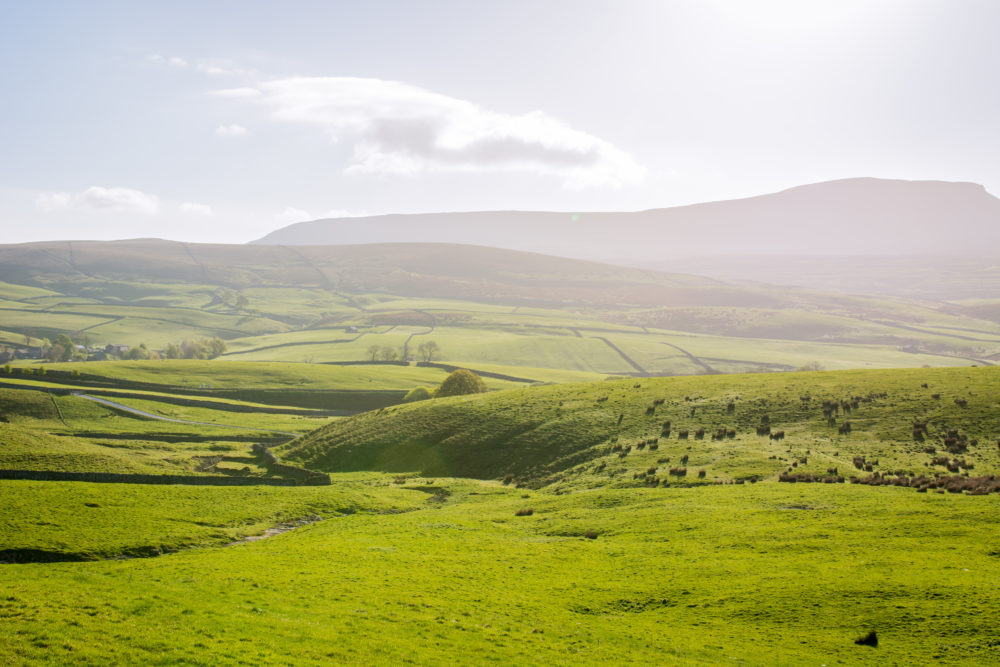
How was the transition to ownership for you and Paul?
For Paul the transition from manager to owner was quite easy really because he was basically running the shop anyway. The difference is that when you’re running it completely, it’s better because you have full control. You can’t beat being your own boss.
I have a health and wellbeing business which is based online and fits well with the bicycle shop. At first, I took early redundancy from the council and at that time I didn’t want to be in the bike shop 24/7 with Paul.
That was a transition for me because I’d always had an interesting career, so it was different being completely immersed in bicycles. We’ve used each other’s strengths and weaknesses in the business which has helped.
What challenges have you faced as a business?
There are naturally a lot of ups and downs in any business.
I think the internet is the current issue for us. People are buying things online rather than going to a bike shop. They think they’re getting a bargain but they’re really spending their money wisely when they come to us. Personal service is what we excel at. They buy from myself and Paul – we are the business.
Now everybody owns one or more cars too. In 1950, people rode bikes as a mode of transport and as freedom to explore. People didn’t have the money and they didn’t travel the same distances they do these days.
Then there’s all these challenges within domestic markets, and obviously the uncertainty around Brexit. A lot of the products that we purchased went up in price after the vote because they were coming from Europe. The exchange rate of the pound made an instant difference to our suppliers. In fact, a lot of products went up 20 – 30 per cent.
“A lot of the products that we purchased went up 20-30 per cent after the Brexit vote”
Also, cycling itself is tough. Apart from battling the elements and the cars out there, not everyone sticks at it. People go through things in life. They meet their love, they get ill – anything can happen.
Can you tell us more about your expansion plan?
Different trends change what we do – we have exported in the past and we have looked at other markets. Our biggest international market was Switzerland and now we’re looking again at America.
It is really interesting – I was at a KPMG event and we were asked about money. It’s all our money in the business and a lot of it is tied up in stock. So, when you’re looking at expansion, it’s a question of where you can raise capital or whether you want outside investors. That’s something that’s new to us because we’ve always had that ownership.
When you’re looking to expansion you need to take a fresh view. I have been approached by people like accountants asking about outside investment and I’ve always poo-pooed the idea.
That’s like anything – you don’t understand the full implications and it’s scary – like it was starting a business with your partner 18 years ago!
There is money available out there. But it’s not borrowing the cash – it’s paying it back.
What else is in the future for Pennine Cycles?
It depends on the future of domestic and international markets.
Like most retail shops, we’re looking at attracting more footfall. We’ll be embracing all our social media as well as running more courses on bike maintenance, aimed at women primarily – we’ve had a few ladies asking about those – how to clean a bicycle, blow your tyres up.
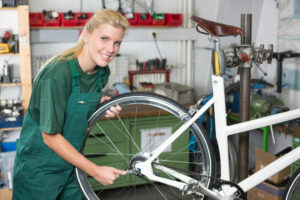
Different brands, nutrition and bicycle ranges are on the cards because you have to keep things fresh. Expanding on our cycling club and continuing with our local bike race aimed at people to get them into bike racing at a lower level are also priorities.
Finally, we will – and I keep saying this – need a small online presence. However, if you put everything online, you just become an online shop. That’s not what we want.
Say someone in Australia or Singapore rings us up – we want to make it easier for some of our customers if they want to buy a Pennine shirt or shorts or cap. That means they can order it online rather than having to send an email.
Oh, and we’ll continue to big up Yorkshire!
